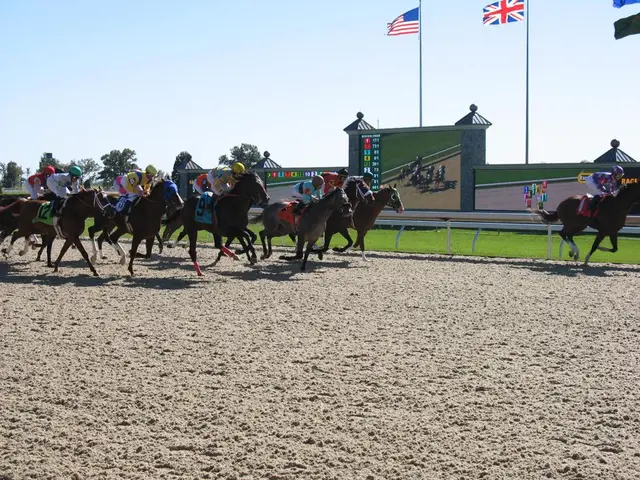Unlawful Crossings of Borders Recorded at Over 4000 in RLP and Saarland
Germany Extends Internal Border Controls Until March 2026
Germany has announced an extension of internal border controls at its borders with Luxembourg, Belgium, and France until March 2026. This decision comes as part of the temporary national security measures allowed within the Schengen Area.
The controls, initially ordered in September 2024, have been in place for approximately eleven months. They have been a response to migration pressures and have led to the detection of over 4,000 illegal entries, according to the Federal Police.
The controls have not been without controversy. Stationary controls like those on the A64 to Luxembourg near Trier have faced criticism, not only in Germany but also in Luxembourg.
Since the controls were implemented, the Federal Police has also apprehended 480 people with open arrest warrants. Additionally, 1,364 people were rejected at the French border, 869 at the Luxembourg border, and 132 at the Belgian border.
The new federal government strengthened controls at all German external borders on May 8, 2025. This move was part of a broader effort to ensure security and manage migration.
The controls are not a standard practice within the Schengen Area, which usually aims to ensure free movement. However, they are allowed as temporary measures for national security reasons, including managing migration and addressing public health emergencies.
In addition to internal controls, Germany will also be part of the European Union's new Entry/Exit System (EES), which will start its gradual implementation on October 12, 2025. This digital system will enhance external border control by registering non-EU travelers and collecting biometric data.
The timeline of internal border controls in Germany began in late 2015, with the controls being extended until March 2026. There are a total of 36 border crossings to Luxembourg and Belgium in Rhineland-Palatinate, and more than 50,000 German border commuters work in Luxembourg.
The Federal Police in Trier currently has two stationary control stations: one on the A64 for incoming traffic from Luxembourg and a second at the border to Belgium. The controls were initially ordered to more effectively curb the number of illegal entries.
The July figures for illegal entries and arrests are preliminary and may change slightly later. The Federal Police reported a total of 144 traffickers were provisionally arrested during the controls.
Sources:
- BBC News
- Deutsche Welle
- European Commission
- Reuters
- The Local
- The extension of Germany's internal border controls, initially prompted by migration pressures in 2024, also includes checks on crime and justice matters, given the apprehension of 480 individuals with open arrest warrants.
- While the Schengen Area typically promotes general-news like free movement within its borders, Germany's temporary internal border controls, including those for crime-and-justice purposes, are allowed as exceptions for national security reasons, such as managing migration and addressing public safety concerns.





